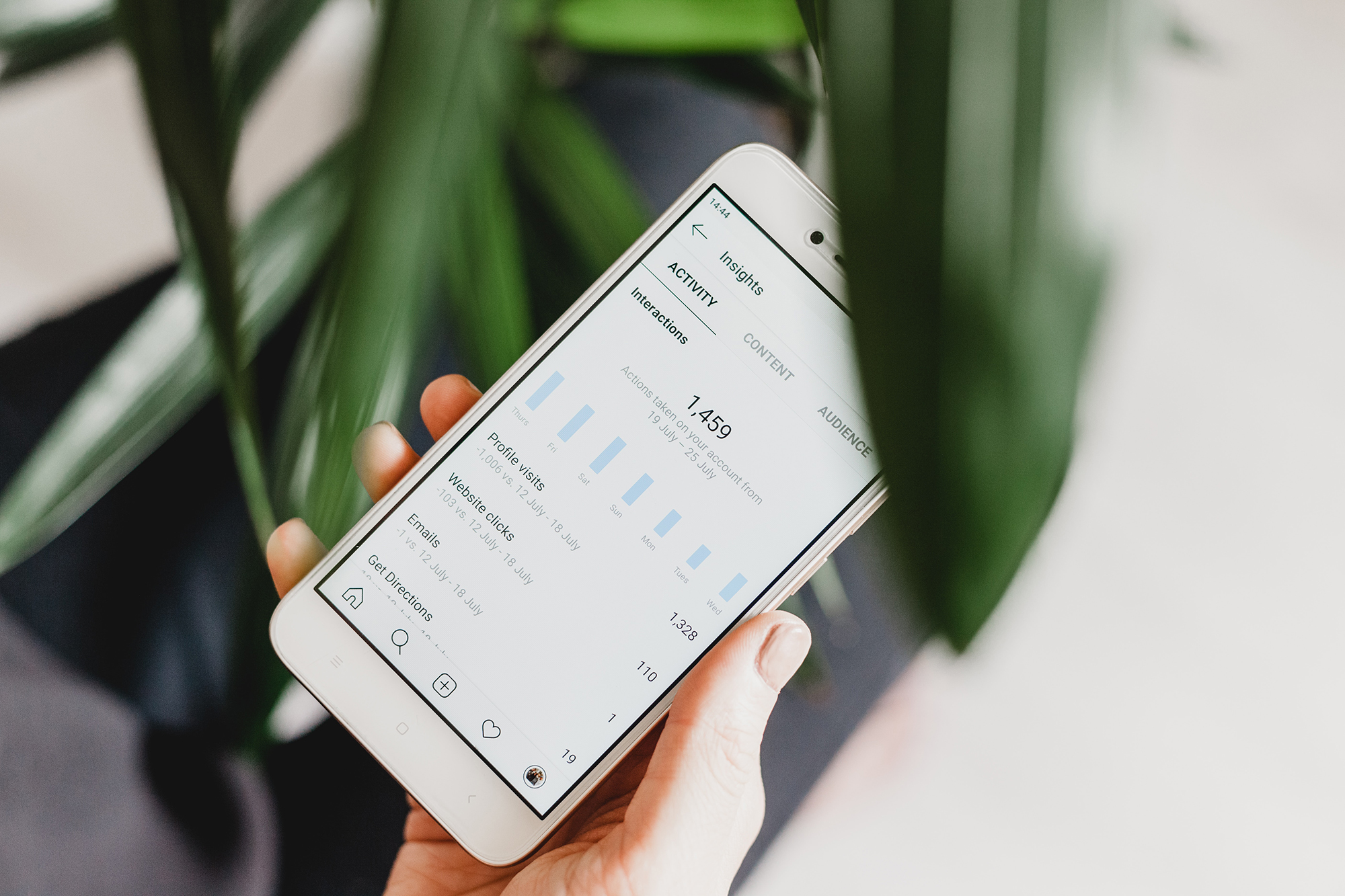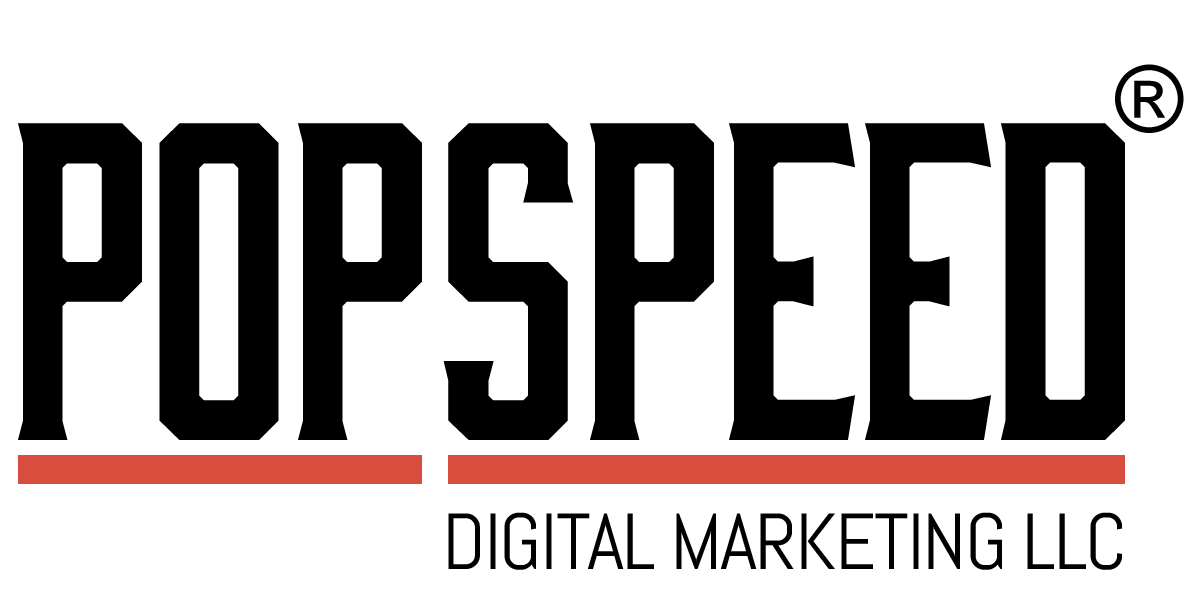Social Media Analytics

Social Media Analytics FAQ
No matter how good you think your social media content is, if you aren’t paying regular attention to your social media analytics, you won’t achieve the best results. Here, we answer a few common questions about social media analytics and how you can get the most out of your data.
What are Social Media Analytics?
Social media analytics is the overarching term for the data and metrics that help you gauge your brand’s full social media performance across all platforms. Analytics give marketers a clear picture of what social content performs the best. With this information, they can make smarter strategy decisions and change their marketing efforts to reach the best results.
While you can use each platform’s native data, we recommend using social media management software instead. These platforms have more tools to help you dig into the numbers, and their platform integrations mean you have all the data in one place.
Best Tools for Social Analytics
There is no one-size-fits-all social media management software, but there are a few that stand out among the rest. Loomly, Hootsuite, and Sprout Social are routinely named the best social media management platforms by marketers for their easy-to-use publishing and analytics tools.
All three can integrate the major social media platforms like LinkedIn, Facebook, Instagram, YouTube, and Twitter. Each allows you to track metrics from all these platforms in straightforward dashboards that make analysis a breeze. All management platforms have their pros and cons, so we encourage you to do your research to find the best option for your team.
What Metrics Should You Be Tracking?
We know it can be overwhelming to look at all your social media analytics data and have no idea where to start. We recommend tracking Awareness, Engagement, and Conversions metrics.
Awareness Metrics
Awareness metrics measure your brand awareness amongst your current and potential audience. These include impressions, reach, follower counts, and brand mentions. To ensure you’re targeting the correct audience, it’s essential to measure these metrics in your overall monthly analytics reporting.
Engagement Metrics
Engagement metrics measure (you guessed it!) how many times users engage with your content. This looks like the number of shares, comments, and clicks. The average organic engagement rate for brands is less than 2% because most social platforms prioritize pay-to-play. However, paying attention to the posts that perform well and shifting your strategy accordingly can make a huge difference.
Conversions Metrics
Your conversion metrics depend on your business and what you want customers to do, whether that’s make a purchase, sign up for a mailing list, or download a whitepaper. Overall, these metrics include conversion rates, click-through rates, and website traffic. Paying attention to your conversion metrics gives you an idea of how effective your strategy is.
Why are Social Analytics Important for Your Digital Marketing Efforts?
If you aren’t paying close attention to your social analytics, chances are you’re taking a spray-and-pray approach, which is never a good idea. Your social analytics give you all the information you need to make the best decisions to continuously improve your digital marketing efforts.
Your analytics can tell you what type of content converts the best, which posts have the highest reach on specific platforms, and what actually resonates with your target audience. In short, it can tell you exactly what content is working and what isn’t.
Need some help leveraging your social media analytics? We’ve got you covered. Contact us today.
©2025 POPSPEED® Digital Marketing llc
